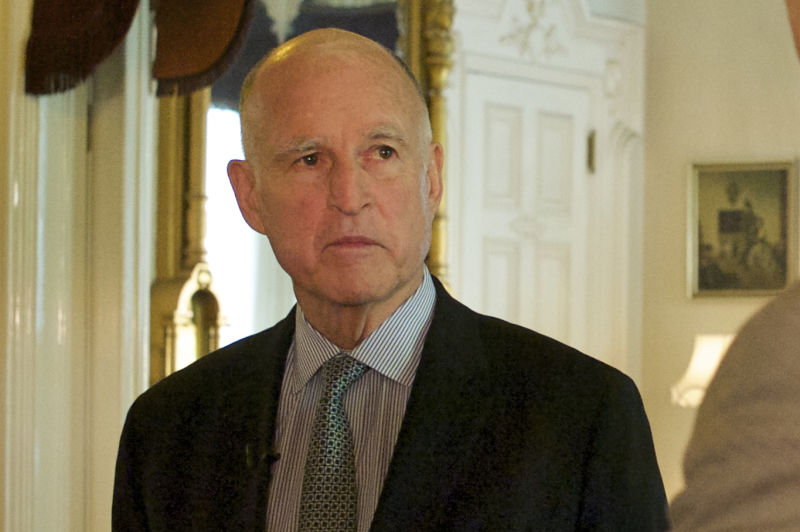In a series of bundled vetoes, Gov. Jerry Brown sent a hard-to-miss weekend message to state legislators: You dropped the ball before leaving Sacramento for 2015.
Brown took action on 80 bills on Saturday, signing landmark legislation on everything from voter registration to farm animal antibiotics. But in a handful of vetoes, the governor quickly brushed aside efforts by Democrats in the California Legislature that he contended were fiscally unwise in light of a big item left on their legislative to-do list.
That item is the crafting of a replacement for the state's existing tax on managed-care plans that participate in the Medi-Cal program.
Last summer, federal officials decreed that California's managed care organizations (MCO) tax will no longer be allowed after 2016, and analysts have warned that failing to restructure the tax could result in a loss of some important federal Medicaid funding.
But reworking the MCO tax proved to be no easy task this summer, even after the governor called a special legislative session to deal with the issue. New taxes require a supermajority vote of both legislative houses, and Republicans were in no mood to put up the necessary votes on the MCO tax -- even when Democrats attempted to link the tax to programs that GOP legislators supported.
